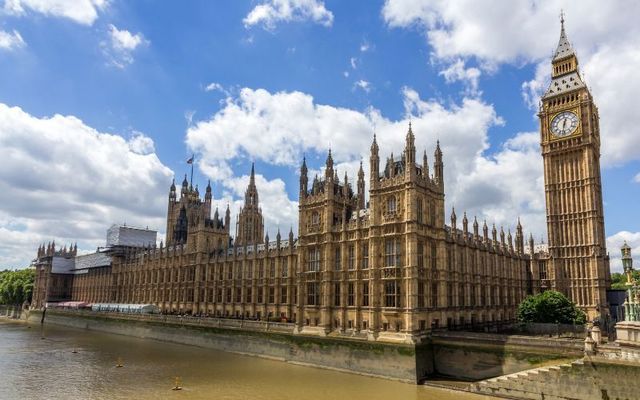The Northern Ireland (Troubles & Reconciliation) Bill has received Royal Assent and is now an Act of Parliament (law), UK Parliament confirmed on Monday, September 18.
The Bill, which received widespread opposition, will end new Troubles-era cases and inquests and offer conditional amnesty to those accused of killings.
The Northern Ireland (Troubles & Reconciliation) Bill has reached Royal Assent and will now become law. pic.twitter.com/I7ptIqUlkb
— Northern Ireland Office (@NIOgov) September 18, 2023
Northern Ireland’s Secretary of State Chris Heaton-Harris said in a statement on Tuesday: “Yesterday’s Royal Assent of the Northern Ireland (Troubles & Reconciliation) Act marks a significant milestone as the Government aims to deliver on our pledge to deliver better outcomes for those most affected by the Troubles, while helping society to look forward.
“I recognise getting to this juncture has been a hugely difficult task for all. The legislation contains finely balanced political and moral choices.
“It presents us all with a real opportunity to deliver greater information, accountability and acknowledgement to victims and families, moving away from established mechanisms that have left far too many empty-handed.
"I am confident that this Act provides a framework to enable the Independent Commission for Reconciliation and Information Recovery (ICRIR) that it establishes to deliver effective legacy mechanisms, while complying with our international obligations.
“The delivery of those mechanisms will be led by Sir Declan Morgan KC as Chief Commissioner, who will be supported by Peter Sheridan as Commissioner for Investigations. I know Sir Declan and his team of Commissioners will approach the task with the rigour, integrity, and professionalism required.
“If we are truly to provide greater information, accountability and acknowledgement to victims and families of the Troubles and help society to move forward in the spirit of reconciliation, we must build a legacy process founded on integrity, expertise and fairness.
“Now that the legislation has become law, the UK Government will do all it can to support the ICRIR, consistent with its operational independence, as it establishes itself and seeks to deliver effectively for victims and families. I hope that others, including the Irish Government, can do the same.”
The controversial Northern Ireland Legacy legislation has the rare distinction of being opposed by all of Northern Ireland’s major political parties. It is also opposed by victims and victims groups, the Irish government, US politicians, Irish American groups, UN experts, and the majority of the UK public.
On Tuesday, Amnesty International UK, which has been vocal in its opposition to the new legislation, said victims have joined together and submitted legal challenges to the Belfast High Court with an urgent hearing requested.
Taoiseach Leo Varadkar said in recent weeks that the Irish government is receiving legal advice on the matter.




Comments